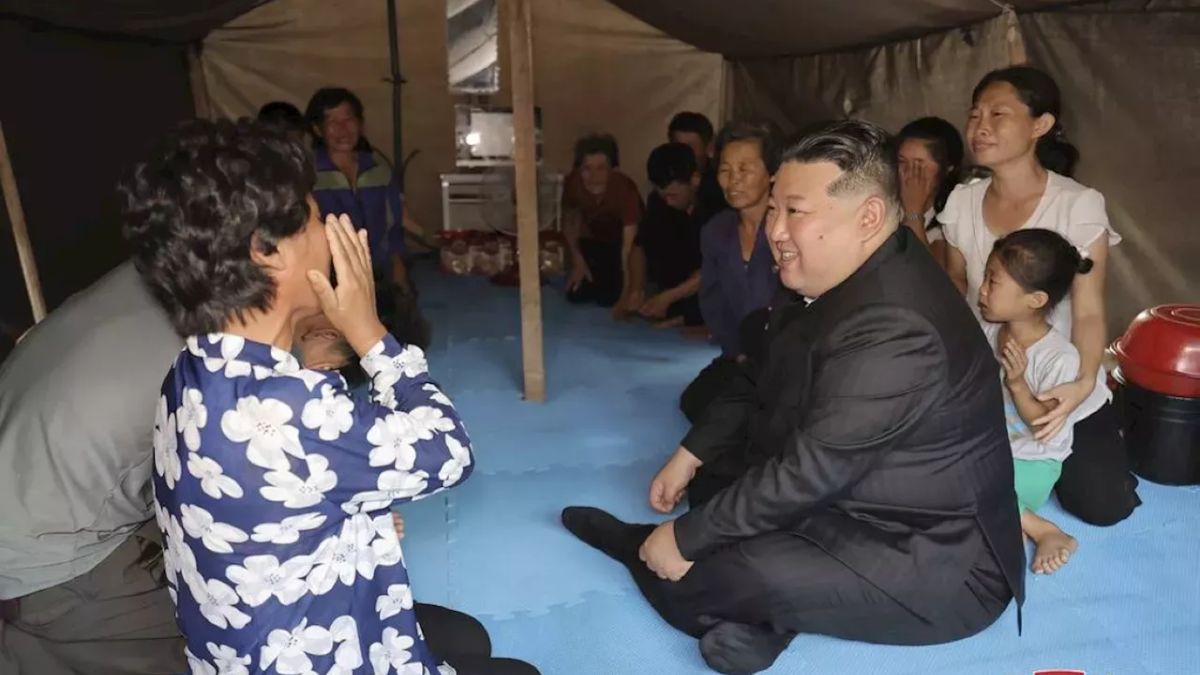North Korean authorities have initiated emergency health checkups for flood victims who were evacuated to Pyongyang after severe flooding impacted several regions of the country. The effort, which began on August 16, is part of a government response to prevent the spread of infectious diseases among displaced residents.
Medical teams from Pyongyang Medical University Hospital and other major hospitals in the capital have been deployed to provide comprehensive examinations for flood victims temporarily housed in locations such as the Apr. 25 Hostel. These checkups are expected to continue over 10 days and focus on identifying infectious diseases like tuberculosis and hepatitis, as well as skin conditions such as scabies. In addition to these concerns, doctors are also monitoring digestive issues, which have surfaced due to the victims’ abrupt shift to richer food in the capital, a stark contrast to their usual diets in rural areas.
The screenings are viewed as critical by the government, which has underscored the importance of promptly diagnosing and treating any potential health threats. North Korean authorities have emphasized that it is the responsibility of the state to care for citizens relocated to Pyongyang, a city often portrayed as the heart of the country’s revolutionary ideology.
Despite the healthcare provided, many flood victims have reportedly expressed frustration with restrictions on their movements within Pyongyang. These evacuees, primarily from provinces like North Phyongan and Jagang, were brought to the capital as part of a broader evacuation plan directed by North Korean leader Kim Jong Un. The government remains vigilant about controlling the spread of disease, especially in the densely populated capital city. Although international organizations have offered assistance, North Korea has maintained its policy of managing the crisis independently, highlighting its emphasis on self-reliance.

